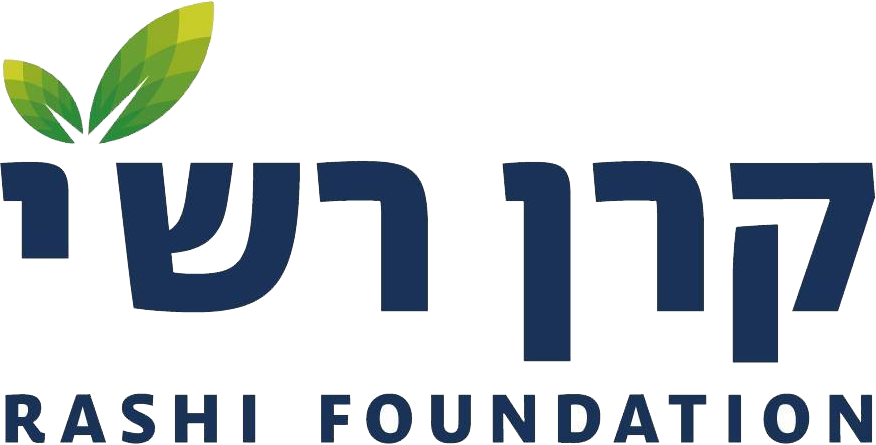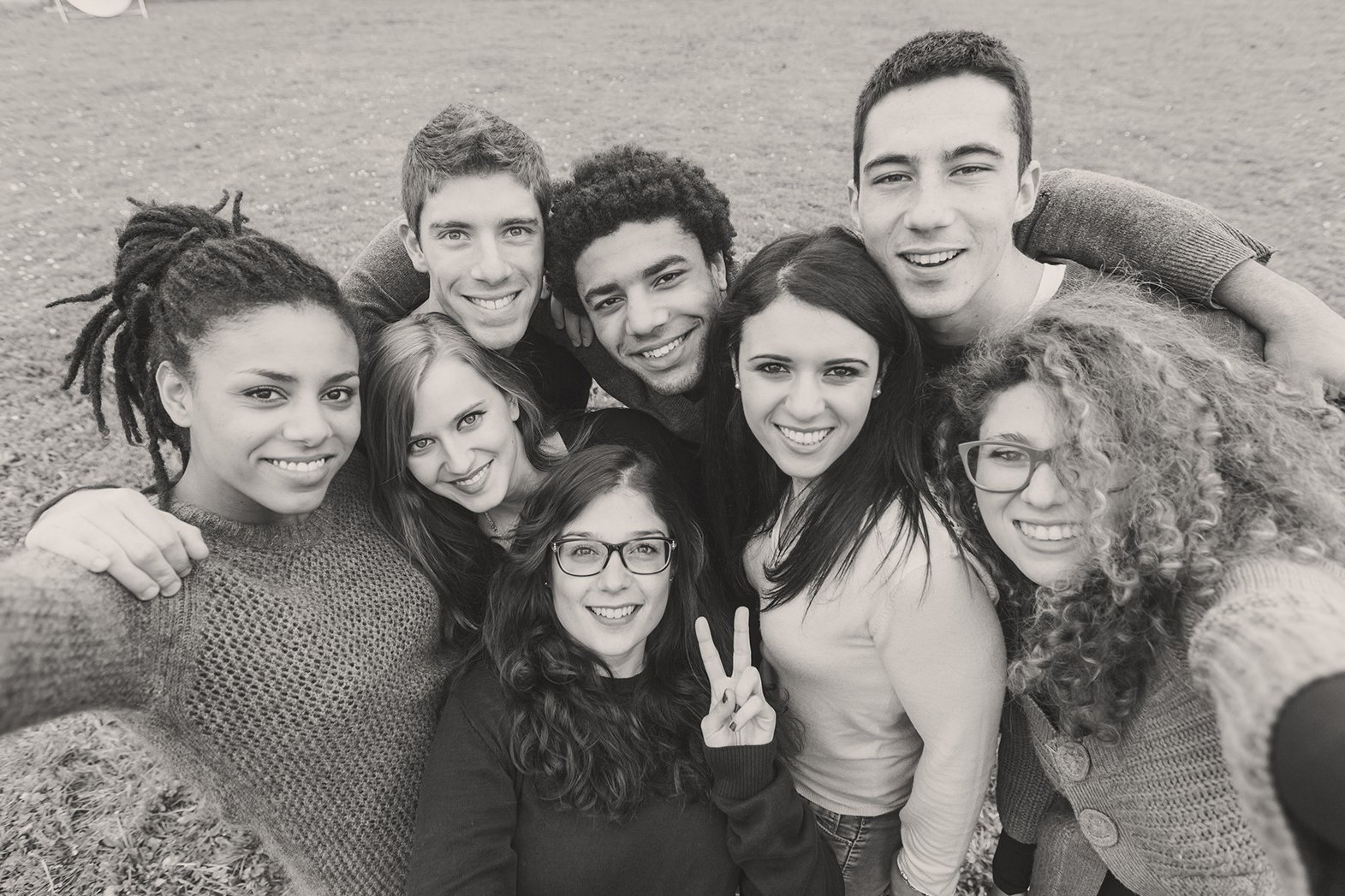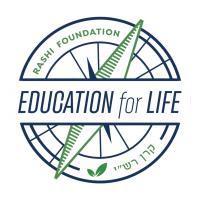Challenges and obstacles
While evidence of the tremendous importance of experiential education is growing, in Israel there are no national goals and the public investment in this field is far from adequate – only few percents of the Ministry of Education’s budget, and marginal allocation by municipalities locally.
- Low participation: only 5%-30% of Israeli children
- Lack of awareness regarding the value of experiential education among parents, children and policy makers
- Shortage of staff and professional training
- Multiple players without coordination between their activities or a common language
- Lack of crucial data about participation to guide decision-making
- Financial burden on parents – pay 85% of after-school education costs
The Opportunity
Experiential education is accessible, flexible and multi-dimensional, it doesn’t require elaborate physical or organizational structures, and it offers invaluable opportunities to children, especially in the geo-social periphery.
Formal and experiential education complement each other, the latter specifically effective in developing personal and interpersonal skills.
The COVID crisis highlighted these benefits, along with the understanding that the line separating formal and extracurricular education is arbitrary, and that learning is an ongoing process that takes place in many different ways, times and places.
Putting together data, literature review and insights from working in the field, we saw a need to invest in experiential after-school education as a central and integral part of the Israeli education system.














